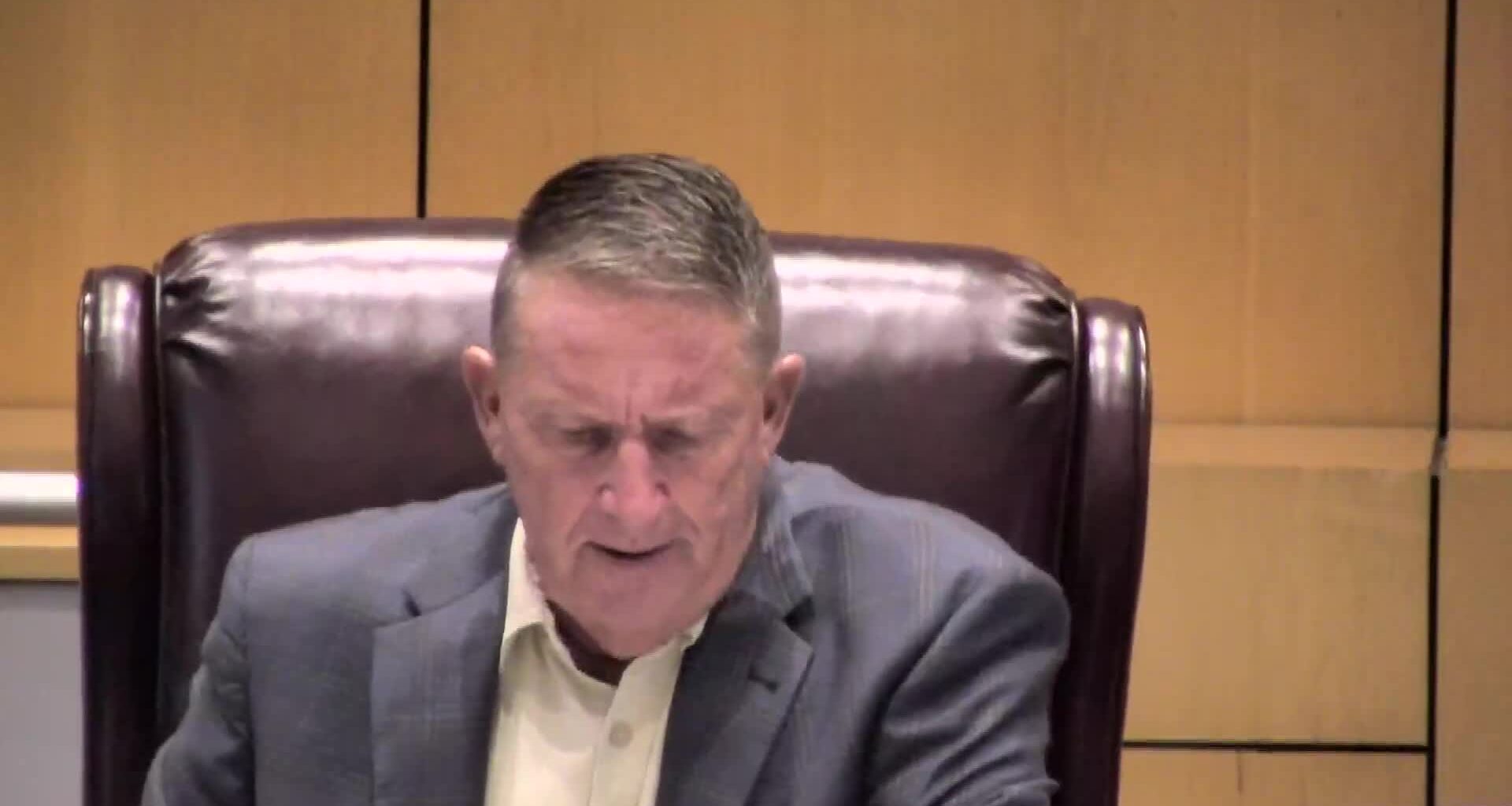Cape Coral’s Committee of the Whole reviewed and confirmed its proposed FY26 state and federal legislative priorities on Oct. 15, 2025, directing staff to pursue a focused set of appropriation requests and to keep its existing lobbying relationships while shifting the city’s state contract to a new firm.
Maureen Biesse, assistant to the city manager, opened the discussion by asking the council to review the city’s proposed 2026 priorities and to align advocacy with community needs. “Today, we will review the 2026 legislative priorities to ensure advocacy efforts moving forward reflect the needs of our community,” Biesse said.
Dane Eagle of Ballard Partners, the city’s executive lobbyist, advised a limited set of appropriation requests and urged staff to prioritize shovel‑ready infrastructure projects. “I’ve recommended, perhaps two projects. Maybe we could expand that to three,” Eagle said, adding the practical budgeting constraint known as the “50% rule” in the Florida House—requests that are unlikely to receive at least half their ask can be disadvantaged in negotiations.
City staff and council members emphasized utility extension projects as the top funding priority. The city manager and staff proposed the utilities extension program (UEP) as the first priority, noting a large regional conversion effort the city wants to advance. Staff also recommended transportation improvements on Northeast 24th Avenue and a third, smaller appropriation request tied to public safety — a multi‑use crisis response vehicle estimated at about $350,000. Assistant City Manager Mark Mason told the council the city included a $15,000,000 placeholder in its long‑range forecast to model the revenue loss that would follow an additional homestead exemption.
Council members also discussed tourism funding and bed‑tax allocation, asking staff to pursue a state change to how short‑term rental revenues are counted for the Lee County Tourist Development Council (TDC). Council members argued Cape Coral receives substantial bed‑tax dollars born from short‑term rentals and should have its representation on the TDC aligned with state law rather than a 2013 special act that rotates municipal seats.
On Hudson Creek (a requested independent special district for a North Cape project), staff reported the developer intends to withdraw its request and pursue a community development district (CDD) instead; council members said they would oppose the special‑district request if it returned.
Lobbying contracts and continuity
Staff recommended continuing with Ballard Partners for executive lobbying, keeping Becker & Poliakoff for federal lobbying, and moving the city’s state advocacy to Southern Group to follow longtime state lobbyist Nick Matthews, who has moved firms. The recommended annual lobbying cost would be modestly reduced from $240,000 to approximately $234,000 under the new configuration.
Several council members praised the continuity and relationships represented by the proposed team. After discussion, council members indicated consensus to proceed with the contract changes: retain Ballard Partners for executive lobbying, keep Becker & Poliakoff for federal work, and execute a state contract with the Southern Group to retain Matthews’ service.
Why this matters
Council members and the city’s lobbyists said the coming session is likely to be difficult: Eagle noted the legislature meets Jan. 13–March 13, 2026, and warned of a tighter budget environment even after a projected near‑term state surplus. The council prioritized projects that are shovel ready, have a regional impact, and deliver broad community benefit to maximize the city’s chance of securing appropriations.
Next steps
Staff will finalize a resolution listing the adopted legislative priorities and return it for formal council adoption and will execute the contract changes for lobbying services consistent with the council’s direction.

